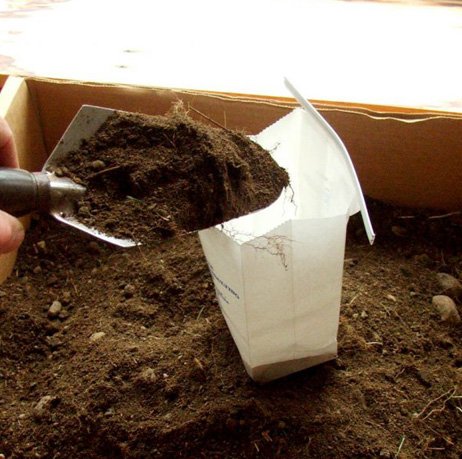Soil-Water-Compost Analysis

We provide comprehensive services for laboratory analysis of soil, water, compost, plant tissue and heavy metal contamination in soil and ground water. For our global customers, we provide following testing services:
A. Soil Testing and Analysis
Soil analysis is a set of various physical and chemical processes that determine the amount of available plant nutrients in the soil, but also the chemical, physical and biological soil properties important for plant nutrition, or “soil health”.
Why soil testing is important? Good crop production requires balanced fertilization. Soil testing enables you to find out what crops to grow, the makeup of your soil and helps you determine how much fertilizer you need to apply.
Our soil testing program covers commercial farms, pastures, parks, home yards, and community gardens. In our comprehensive soil testing package, we do following tests:
Soil Physico-Chemical Parameters
pH; Electrical Conductivity (EC); Organic Carbon; Cation Exchange Capacity (CEC)
Soil Nutrient Availability Indices
NO3-N; Available N; Available P; Available K; Available Ca; Available Mg; Available S; Exchangeable Na; Available Zn; Available Fe; Available Mn; Available B; Available Cu; Available Mo.
Soil Physical Parameters
Soil texture analysis (Sand, Silt and Clay fractions)
Soil structure
Water infiltration rate
Soil Microbiological Indices
Nematode concentration
Population density of N-fixers
Phosphorus solubilising bacteria (PSB) concentration
Derived/ Estimated Parameters
Sodium Adsorption Ratio (SAR)
Exchangeable Sodium Percentage (ESP)
Total gypsum requirement (TGR)
B. Irrigation Water Analysis
The quality and content of the irrigation water can greatly affect the success of your crop. Testing your irrigation water is important for assessing the suitability of the water source for irrigation. For irrigation water analysis, we provide following parameters:
Calculation of water quality
Irrigation water pH, EC
Alkalinity
Residual Alkalinity
Total Dissolved Solids
Sodium Adsorption Ratio
C. Compost Analysis
It is preferable to know the nutrient content of your compost material which you plan to apply. Based on the compost analysis you can decrease or increase the amount of compost needed. For compost analysis, we provide following parameters:
pH, EC, Moisture, Total Kjeldahl Nitrogen (TKN), P2O5, K2O, C: N ratio, Ca, Mg, S, Cu, Fe, Zn, Mn and Particle Size.
D. Plant Tissue Analysis
Plant tissue analysis is good medicine for crops. Plant tissue analysis can indicate whether plants contain the concentrations of essential nutrients necessary for optimum growth. It complements a proven soil testing plan and helps identify ways to use nutrients more efficiently. Unseen nutrient imbalances or toxicities can be identified, as well. In our plant tissue analysis, we do following tests:
Total Kjeldahl Nitrogen (TKN), P, K, Ca, Mg, S, Cu, Fe, Zn, Mn and B.
Test Report
We send all test reports to the client via Email within 15 days of the payment (along with the sample). With soil test results, our report also includes the test interpretation and soil test based nutrient management recommendations for better understanding of our clients.





 Keen to Serve Our Best on Your Farm
Keen to Serve Our Best on Your Farm





